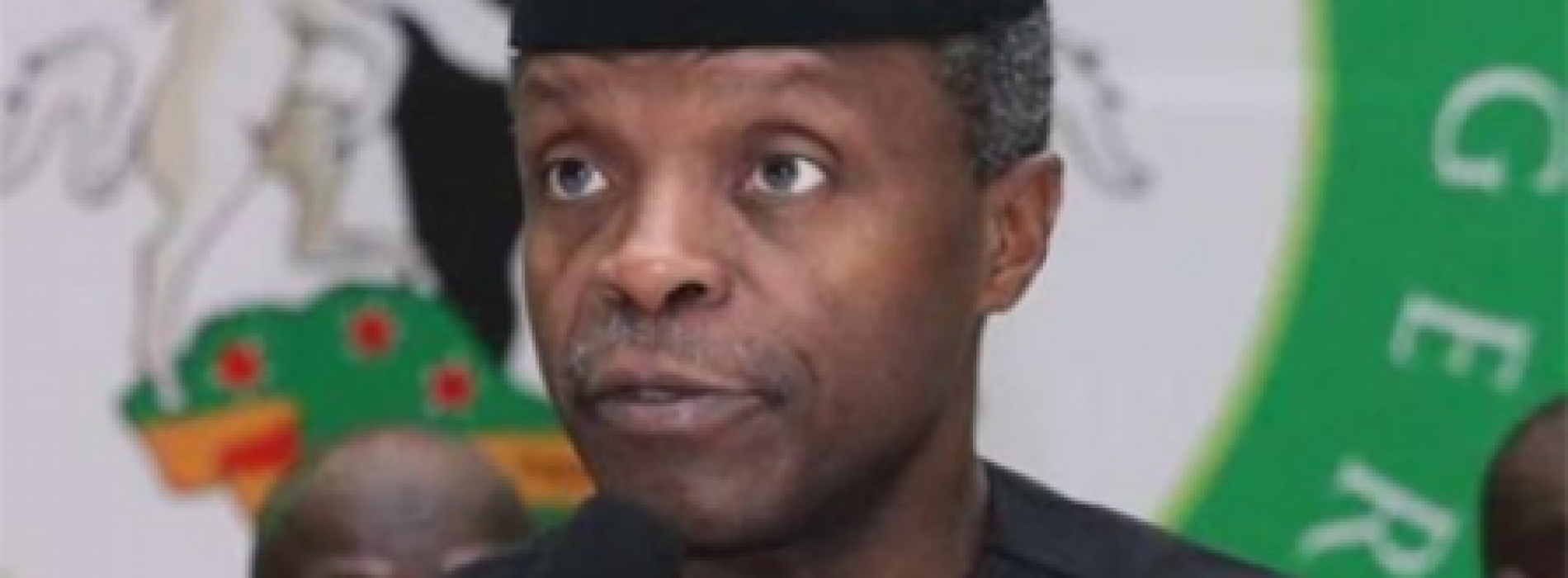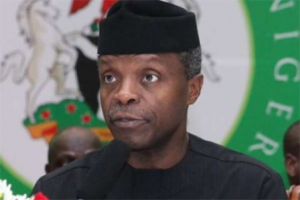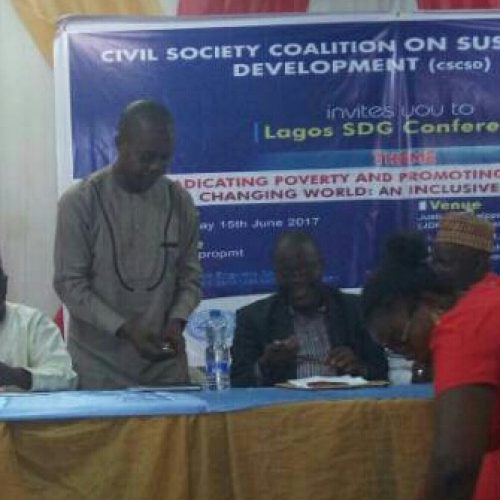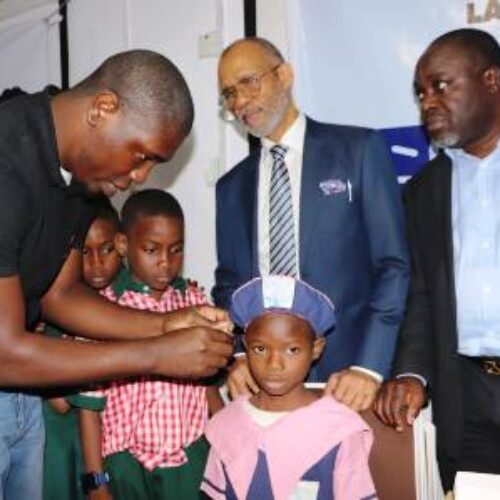Nigeria’s high fertility rate a problem – Osinbajo
-
AAFP says country risks demographic doom
ABUJA – The Vice President, Prof. Yemi Osinbajo, on Tuesday declared Nigeria’s current high fertility rate a problem for the country.
While declaring open the 5th National Family Planning Conference in Abuja, Osinbajo said the nation risks having additional 68 million people by 2030.
The three-day biennial conference was organized by Association for the Advancement of Family Planning (AAFP), Federal Ministry of Health, United Nations Population Fund, Pathfinder International and other partners.
Represented by the Minister of Health, Prof. Isaac Adewole, the Vice President said “if Nigeria’s prevailing annual population growth rate 3.2 percent persists, we will have an additional 68 million people by 2030, and will be the third most populous country in the world by 2050.”
Nigeria’s population is currently about 200 million, according to the National Population Commission.
Osinbajo however explained that apart from Federal Government’s economic policies aimed at making lives comfortable to the nation’s population, the administration is committed to making family planning commodities available to those who need them.
He said the nation failed to plan for its future when it raked in fortunes from oil and other revenue sources in recent past.
“In the absence of basic social safety nets, and pro-poor policymaking, tens of millions of our people were left stranded, observing the statistics of economic growth from a distance, completely untouched by it…The sad reality is that for most of our history as a country, periods of economic growth have somehow managed to leave out the majority of our population.
“Between 2011 and 2015 when Nigeria enjoyed some of the highest revenues in history, and overtook South Africa to become the largest economy in Africa, there was no commensurate impact in poverty alleviation and improvement of wellbeing,” the Vice president said.
Speaking on the theme of the conference: Investment, Innovation and Inclusiveness, he said: “This is how I see the three “I’s”: investment, innovation and inclusiveness are three very critical keys for unlocking the very beneficial contributions of family planning to Nigeria’s ambition of reaping all of its potential demographic dividend.
“This demographic dividend is of course the catch-all term for the benefits and potential realizable from attaining the optimal age structure in a population. In the case of Nigeria, this optimal age structure would mean a combination of declining fertility and a simultaneous rise in the working age population. Our main challenge, evidently, is with our current fertility rates.”
He said investing in family planning has been proven to be smart, cost-effective, and life-saving; and is especially critical in a country like Nigeria with a very young and rapidly growing population.
He added that estimated 63 percent of Nigeria’s population is below 25 years; with a significant segment of the population being sexually active and needing education and guidance to wisely navigate the issues of equality, choice and contraception.
He argued further that achieving the SDGs and Sustainable Development Goals by 2030 depends significantly on how well sexual and reproductive health and rights of women and young people are prioritized.
He said the nation must clearly insist on including young people at the very heart of its policies and its deployment of resources to achieve these policies.
While urging participants at the conference to develop evidence-based approaches to population management, Osinbajo noted that time was no longer waiting for the nation. “We must act and move fast, because our challenges themselves are not simply sitting and waiting around to be solved. They are evolving and adapting in increasingly complicated forms, and our responses and solutions must keep up.
“Family planning and population management generally are not just life-saving interventions but actually critical tools for economic and social development.”
Chairman, AAFP, Dr Ejike Oji, said the conference holds biennially to enable stakeholders measure successes and challenges, and re-strategize for achieving greater results.
“Family planning services are a right and the only way we can make sure women, girls and men too exercise this right is to empower them and make those critical decisions based on their choices and an atmosphere free of coercion…
“We all must work together with our governments especially at the sub-national levels to increase investment, bring to bear innovative ideas and make sure nobody is excluded in getting the needed family planning services he or she deserves. ‘
He said the nation was at a crossroad and advised that the nation either harnesses the burgeoning youth population it currently has “by providing adequate health care, appropriate and relevant education and creating an environment that creates jobs for them or do nothing and face demographic doom.
“The choice is ours. But, I know the government of the day has chosen wisely. Recently, $1million was added to the $3million already committed to purchase of FP commodities, bringing it to a total of $4million yearly.
“The reason for this critical investment is evident. In 12 year, Nigeria has added 58 million people to her population. This is three times the population of Rwanda! Our maternal mortality is still very high at 576/100,000 live births. As we continue to increase our population in this alarming rate, we will be increasing the number of poor people in our country with resources not increasing accordingly.”








0 Comments
No Comments Yet!
You can be first to comment this post!